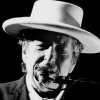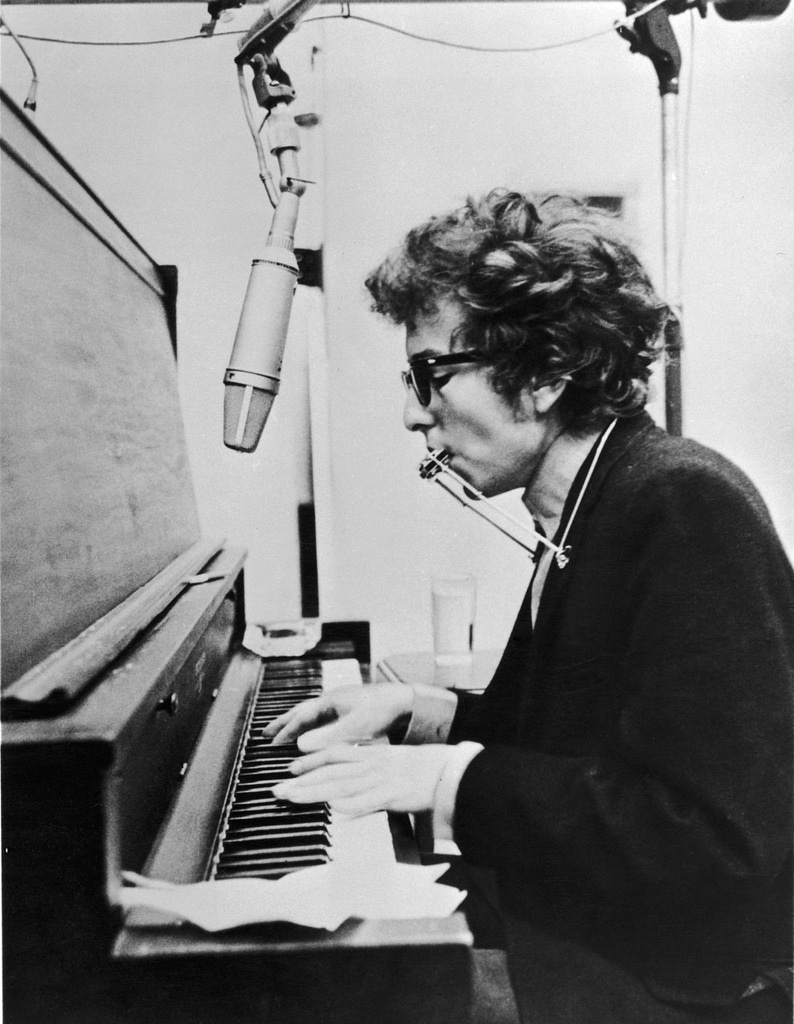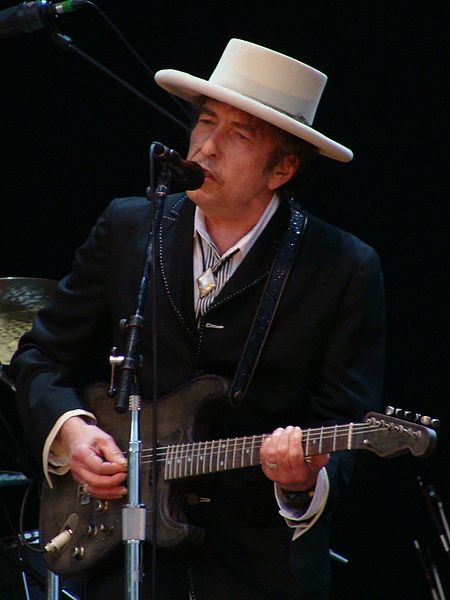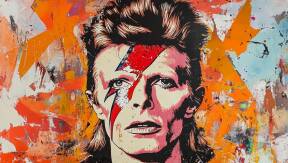
Bob Dylan awarded the Nobel Prize in Literature
In 2016, the Nobel Academy chose to attribute its famous prize in literature to American musician and poet, Bob Dylan. Celebrating his 75th birthday this year, Dylan was chosen for having “created new poetic expressions within the great American song tradition."
Much controversy has surrounded this decision. The Nobel Prize in Literature rewards the work of an artist who has elevated the art to a higher standard, via words and a writing instrument. Dylan is the first musician to be awarded the Nobel Prize in Literature since its inception in 1901 and joins other prestigious winners including Rudyard Kipling, Albert Camus and John Steinbeck.

“To me, [the award] is like pinning a medal on Mount Everest for being the highest mountain” quipped fellow musician Leonard Cohen, equally deserving of the honor as is Tom Waits who remarked “It’s a great day for literature and for Bob when a master of its original form is celebrated. Before epic tales and poems were ever written down, they migrated on the winds of the human voice and no voice is greater than Dylan’s.”
This juggler of rhymes and silversmith of narrative debuted his music career at the end of the 60s after a favorable and decisive encounter with Woody Guthrie, the legendary protest folk-singer. An admirer of Brecht, Villon, or Rimbaud, Dylan unpacked his suitcases in Greenwich Village, New York and participated in the emergence of the Renaissance Folk alongside artists like Joan Baez. Dylan reached critical acclaim and the height of his talent with the release of The Freewheelin Bob Dylan, which contains the classic Blowin’ in the Wind. Afterwards, he joined alongside student protests and even participated in the march in Washington with Martin Luther King.
He completed his folk triptych with The Times They Are A-Changin' and Another Side of Bob Dylan in 1964. Refusing to be defined as a spokesman for folk artists’, he transitioned to electric thanks to the albums Bringing It All Back Home and Highway 61 Revisited (with the worldwide hit Like a Rolling Stone) and especially after his participation in The Newport Folk Festival in 1965, where he performed his first electric concert, ending relationship with some of his folk fan base. He continued the hit-making and history-breaking with the first double album to be released in history, Blonde on Blonde.

In 1966, after a motorcycle accident, he briefly took refuge from the public eye. Rumors swirled that he was dead or even kidnapped by the FBI. As if something had actually been broken, the following decade after the accident, the well-known folk singer cozied up to country, and focused on compositions that reconnect with the spirit of his first productions, with Knockin' On Heaven's Door and Hurricane, he added some classics to his collection.
During the 80s, he went through a mystical crisis and made a series of religion-inspired albums that struggled to find an audience. Thanks to a consistent stream of critically acclaimed albums, he later conquered a new generation of fans. The Nobel Prize in Literature therefore celebrates a rich career, spanning more than fifty years, that has since been woven into American culture.
Published on: November 3, 2016




